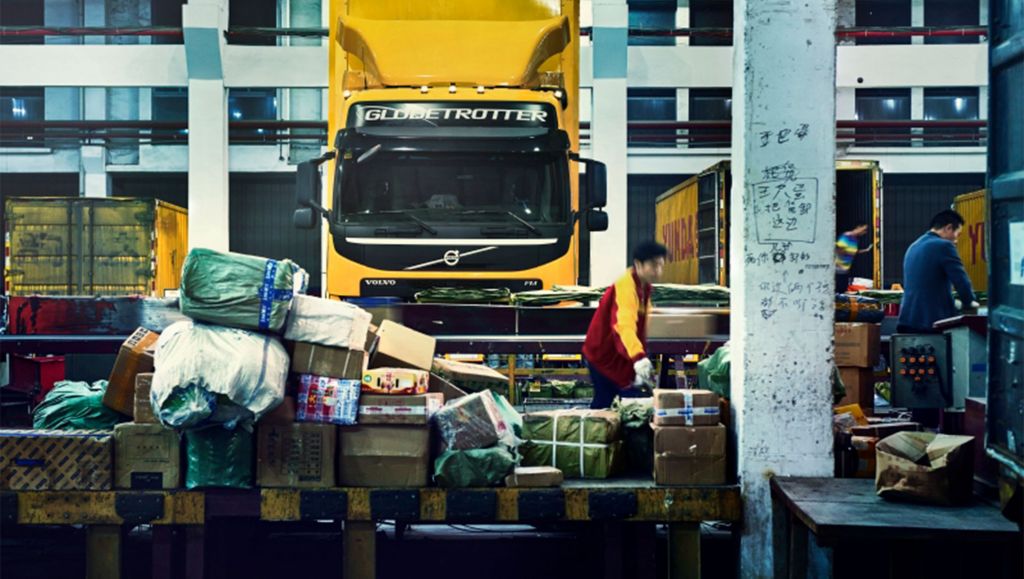What is blockchain and how does it work?
Blockchain technology is based on a branch of mathematics called cryptography. The technology uses a chain of protected records to share the details of transactions to all participants in the blockchain and distribute records across a network of computers—thereby eliminating the need to maintain records centrally.
If a record in one block is changed, the records in each block in the chain are changed. This means no-one can alter the data within the blockchain without the permission of everyone else, making this a highly secure technology.
Blockchain and trucking
So, what can blockchain do for the trucking industry? Quite a lot actually. Here are a few of the most important ways in which the technology can re-shape the industry and your business:
- Faster processes and less administration: Blockchain could eliminate today’s paper-based systems where forms have to pass through numerous channels and approvals, which increase the risk for loss and fraud while creating a massive amount of administration. This would be done through smart contracts—self-executing tasks that are coded through the blockchain and performed when certain conditions are met. For instance, if a trucker reaches a destination or hands over the cargo to someone else along the route, a smart contract could make the everyone in the blockchain aware of the event, and immediately make the shipping document available to the next party and/or release the payment.
- Minimizing Claims: All of the data that is tracked via the smart contracts gives a lot of insight into the physical movements of, and interactions with the transported goods. This can be very useful in eliminating inefficiencies in dispute resolution. For instance, if a load or the truck is tagged using IoT (Internet of Things) sensors, a blockchain record will show much more information about the delivery such as data about the time and condition (temperature, humidity etc.) of goods throughout the supply chain .This will create an unalterable record as to whether a given load was delivered according to the conditions stipulated in the smart contract.
- Tracking assets: There is already some good tracking technology being used today but scaling it to increasingly complex demands is proving difficult. Using IoT sensors and truck telematics, blockchain can give shippers, carriers and customers greater insight into vehicle and asset locations, allowing for better load planning and less idle time. The benefits of tracking are not just limited to shipments however. Blockchain can also create an accurate and unalterable record of vehicle maintenance and history which is a big advantage when the truck enters the secondhand market.
- Better transparency and higher standards: Data stored on the blockchain is easily shared, giving everyone in the supply chain comprehensive track-and-trace capabilities. Companies can use this information to provide proof of legitimacy for a product and also track any problematic shipments—a huge benefit to the food and pharmaceutical business. Transport companies will be able to show customers the standards to which goods were transported in. There is also advantages for the end-user – people can find out more about the products they are buying—whether it is ethically sourced, genuine and kept in the right conditions.
Huge disruption for the transport industry
The benefits I talked about are just the tip of the iceberg. Many more applications for blockchain will emerge as the technology interacts with other innovations. Companies like Walmart are already using blockchain technologies powered by IBM to digitize processes and improve food safety in their supply chain.
Nevertheless, there are certainly a number of challenges to the wider adoption of blockchain in logistics. Standardization, lack of knowledge, legislation and trust in a new technology are just a few of the obvious hurdles.
But the growing demand from society and consumers about how, from where and at what environmental and social cost goods are transported means that blockchain will not just be the next buzzword but a game changer for the logistics industry.


